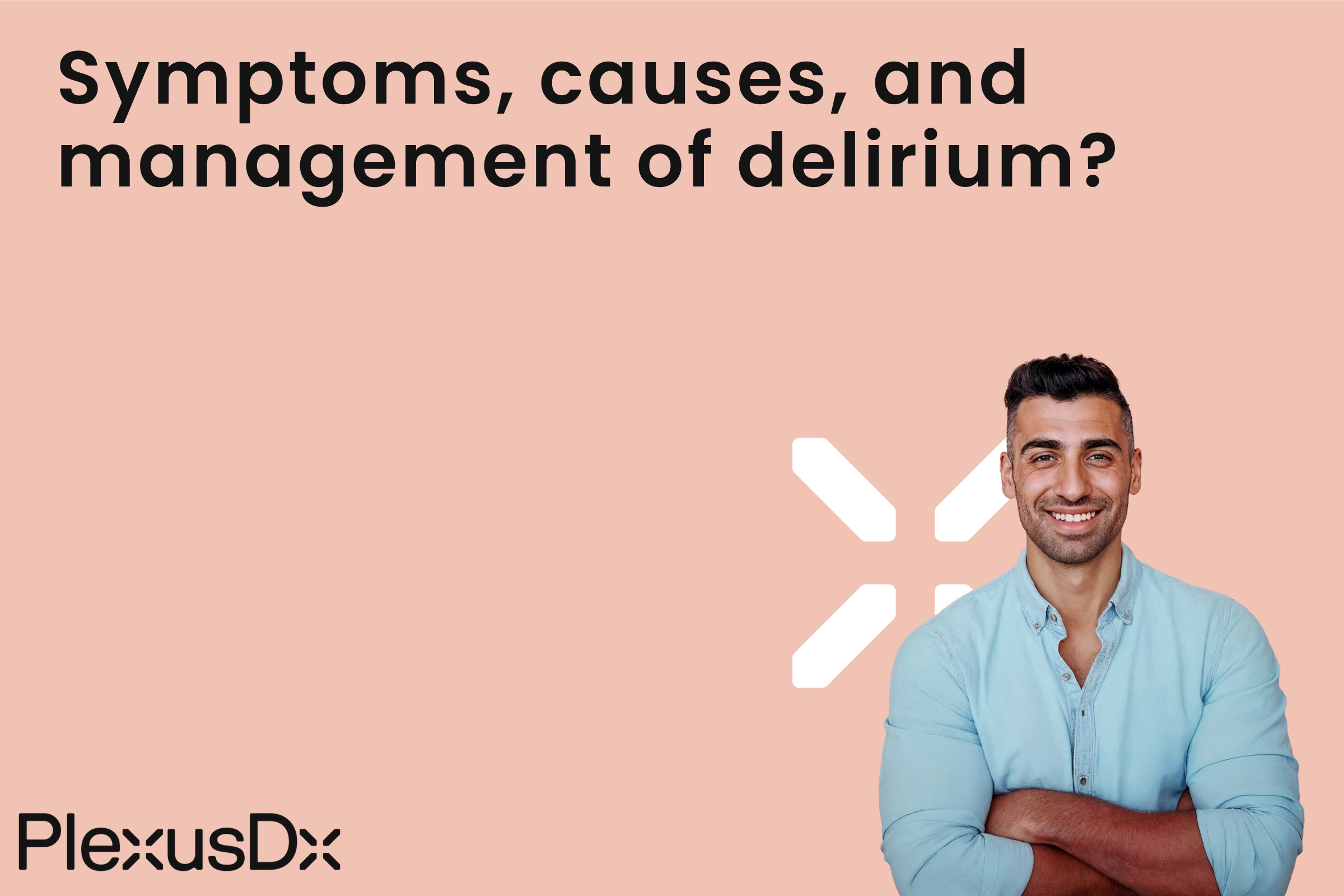Delirium
Delirium represents a severe mental disturbance marked by sudden confusion and emotional disruption which commonly occurs due to illness or medication. Hospitalized individuals frequently experience this condition which creates significant consequences for patients and caregivers alike. This blog post will examine the complexity of delirium through an analysis of its symptoms and causes alongside management strategies. We will dissect this mental health problem to understand its complexities and provide individuals with ways to manage its challenges.
Evidence and Explanation
Delirium presents as an acutely disturbed mental state featuring rapid confusion onset along with attention changes and potential hallucinations. The condition creates major brain function changes that result in mental confusion and emotional disturbances. Elderly people most frequently suffer from delirium but younger people may also experience it after surgery or during acute illness or drug misuse. Delirium presents with various symptoms such as memory deficits and disorientation alongside language disturbances and sleep-wake cycle disruptions. Daytime symptoms show variable patterns where phases of clear thinking alternate with episodes of heightened confusion. The presence of delirium affects patients and creates a substantial burden for their caregivers and family members which underscores the need for a multi-disciplinary approach to treatment.
Practical Advice
- Early Recognition: The prompt recognition of delirium plays a vital role because it often presents as the only visible symptom of dangerous underlying health issues. Healthcare providers and caregivers must actively monitor for indications of confusion and altered attention along with various cognitive disturbances.
- Comprehensive Assessment: Diagnosing delirium requires an in-depth review of patient history including medications and recent health conditions. Effective management depends on recognizing and treating potential triggers or contributing factors.
- Multifaceted Treatment: Effective delirium management needs to combine treatment of the root cause with supportive care while reducing environmental stressors. Optimal patient outcomes depend on cooperation between physicians, nurses and mental health specialists.
Conclusion
Delirium represents a complex mental disorder which requires both prompt diagnosis and extensive management strategies. Knowing what symptoms and causes lead to delirium and understanding how to treat them empowers individuals to manage this difficult period with improved resilience and support. Precision Health & Wellness tests from PlexusDx at PlexusDx.com and both Amazon and Walmart deliver insights into your mental and cognitive health genetics. By staying informed you gain the power to take active measures for maintaining your well-being.
Understanding your health status includes considering mental well-being and cognitive function with Precision Health & Wellness tests such as PlexusDx and following medical advice remains fundamental when dealing with health issues. Maintain awareness of your health status and be proactive while placing your wellness as your top priority.

Share:
What are the genetic factors in low back injury risk and prevention?
AKT1 gene: impact on human lifespan and health?